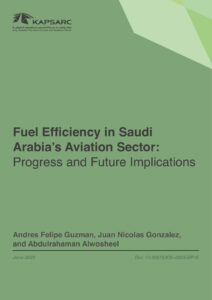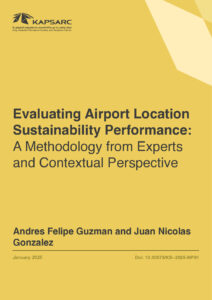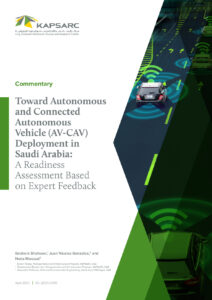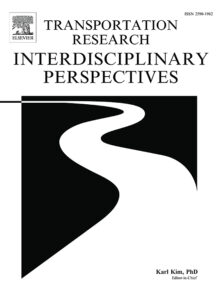Juan Nicolas Gonzalez is a Postdoctoral Researcher at KAPSARC, specializing in sustainable transport and mobility. He holds an M.Sc. in Civil Engineering with a focus on traffic and transportation and a Ph.D. in Civil Engineering Systems with a focus on transportation. Prior to joining KAPSARC, he worked as a researcher at the Transportation Research Center (TRANSyT) at the Technical University of Madrid (UPM) and as a Transport Consultant. His contributions span projects on transport policy, parking management, low-emission zones, shared mobility services, and urban logistics. His research interests include transport policy and modeling, data-driven approaches in mobility, the intersection of energy and transport, and sustainable urban mobility solutions.

Fuel Efficiency in Saudi Arabia’s Aviation Sector: Progress and Future Implications
Despite the fast global expansion of the aviation industry, due to its sustainability issues, the industry’s concerns about energy efficiency and emissions are still very important. Studying the changing energy consumption patterns in Saudi Arabia is crucial, as the country is expected to see significant changes in the coming years with new infrastructure, an increase in tourism, and new airlines.
25th July 2023



